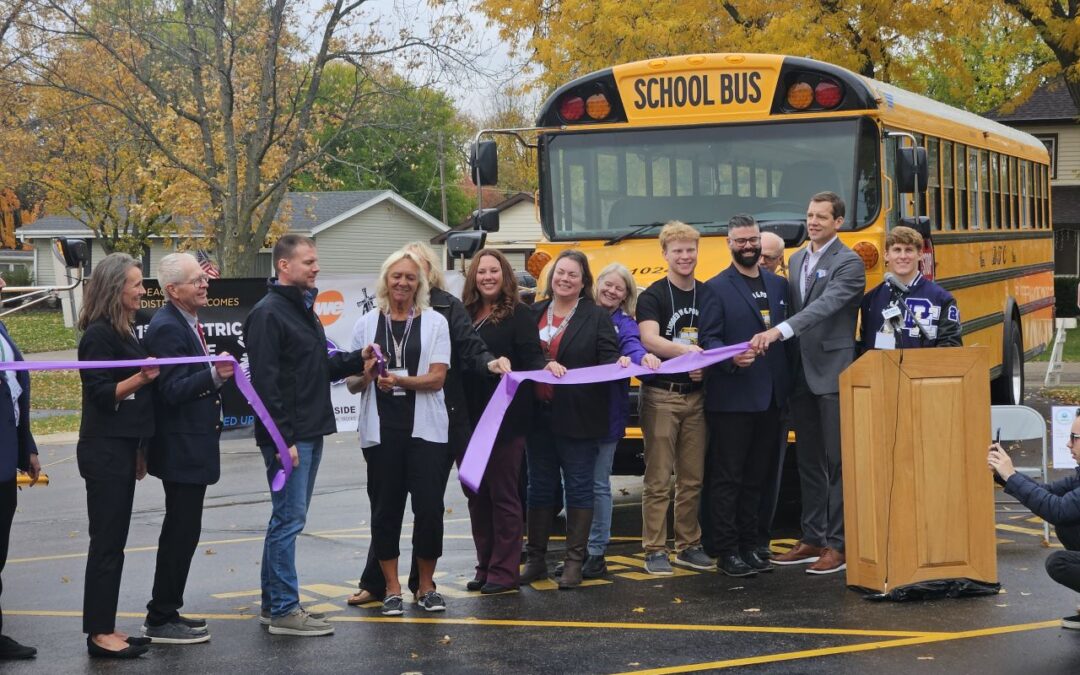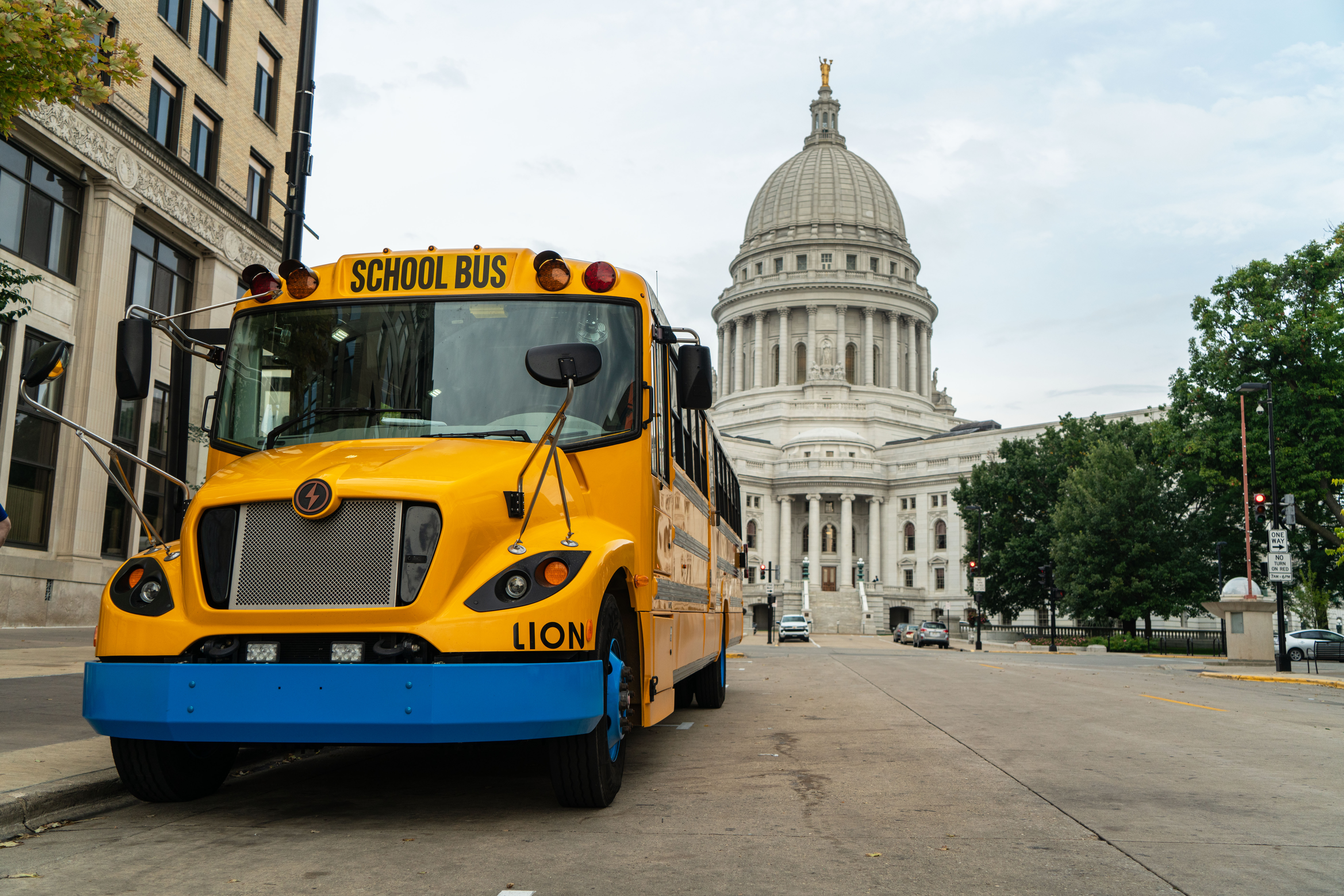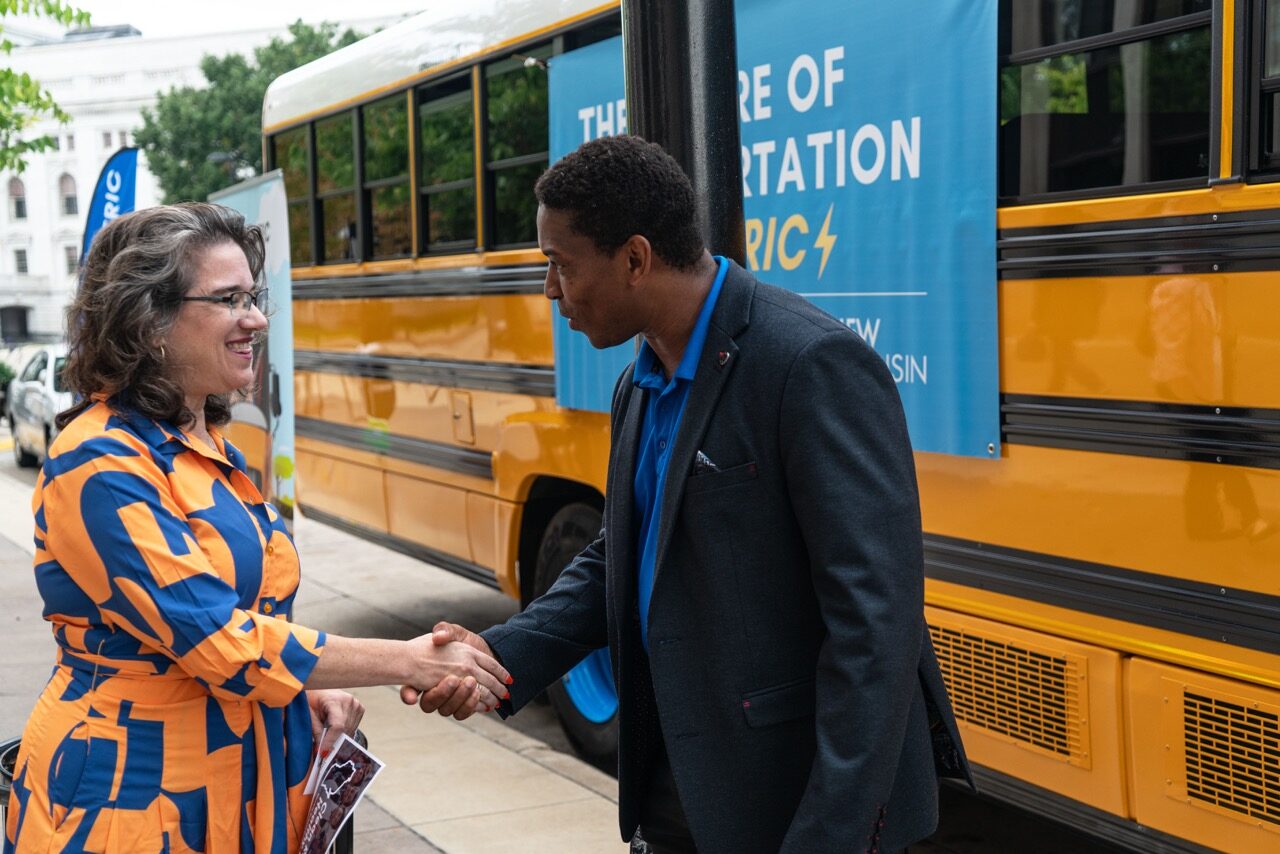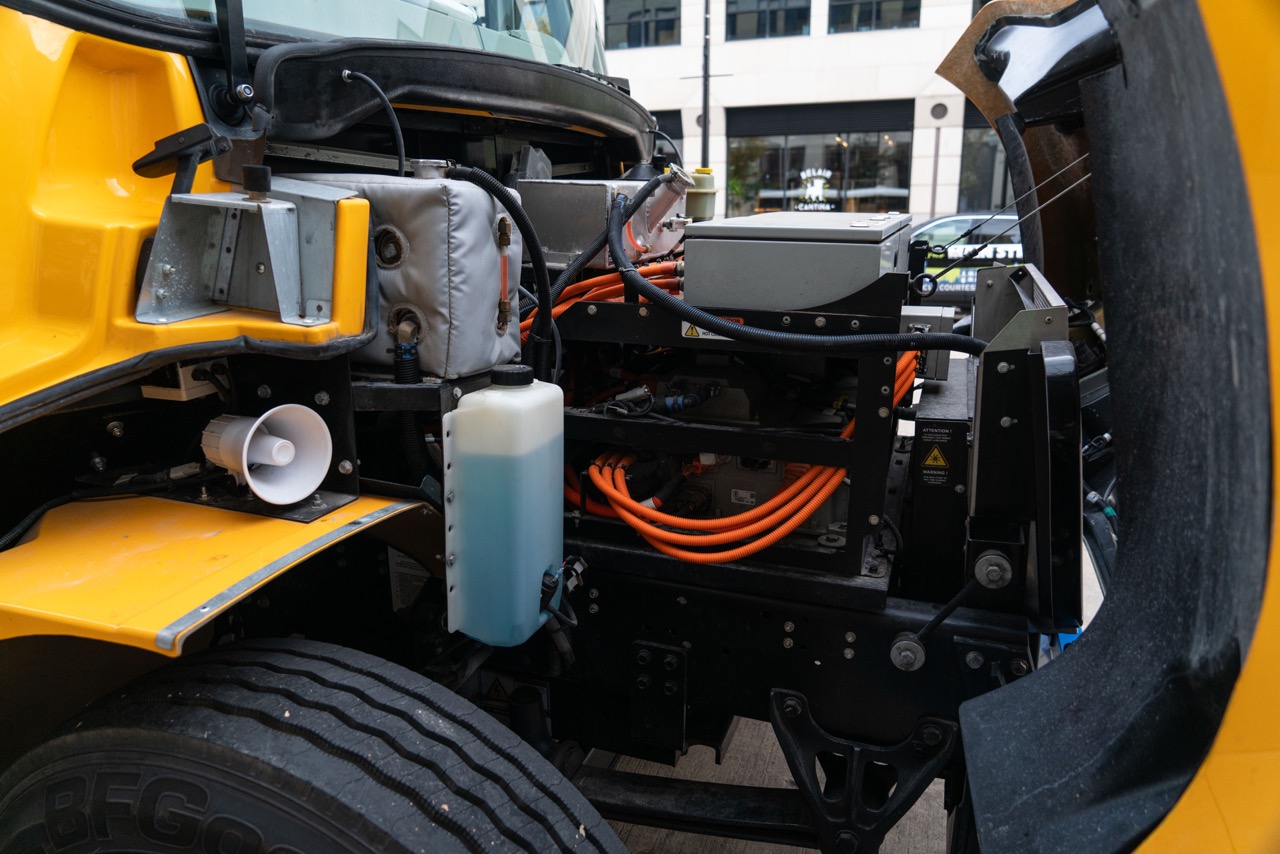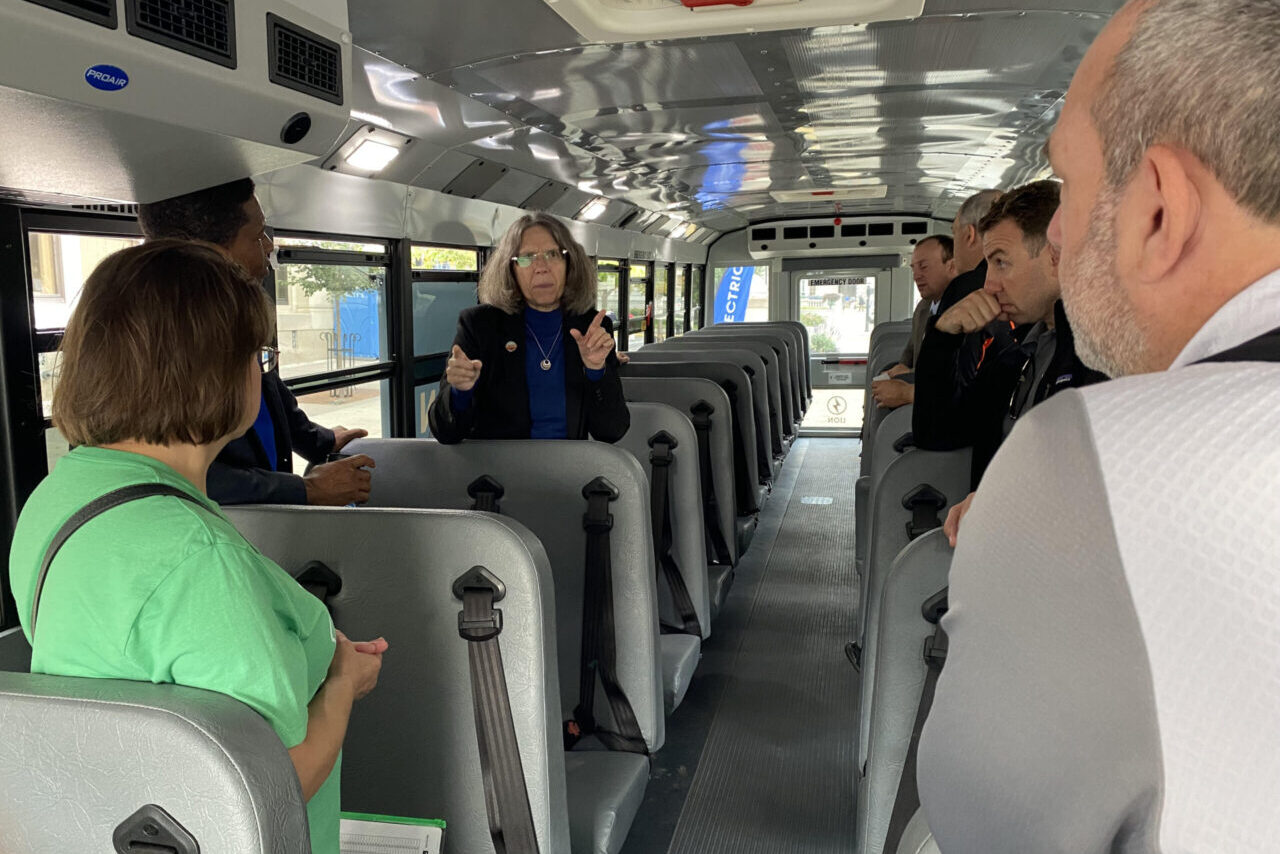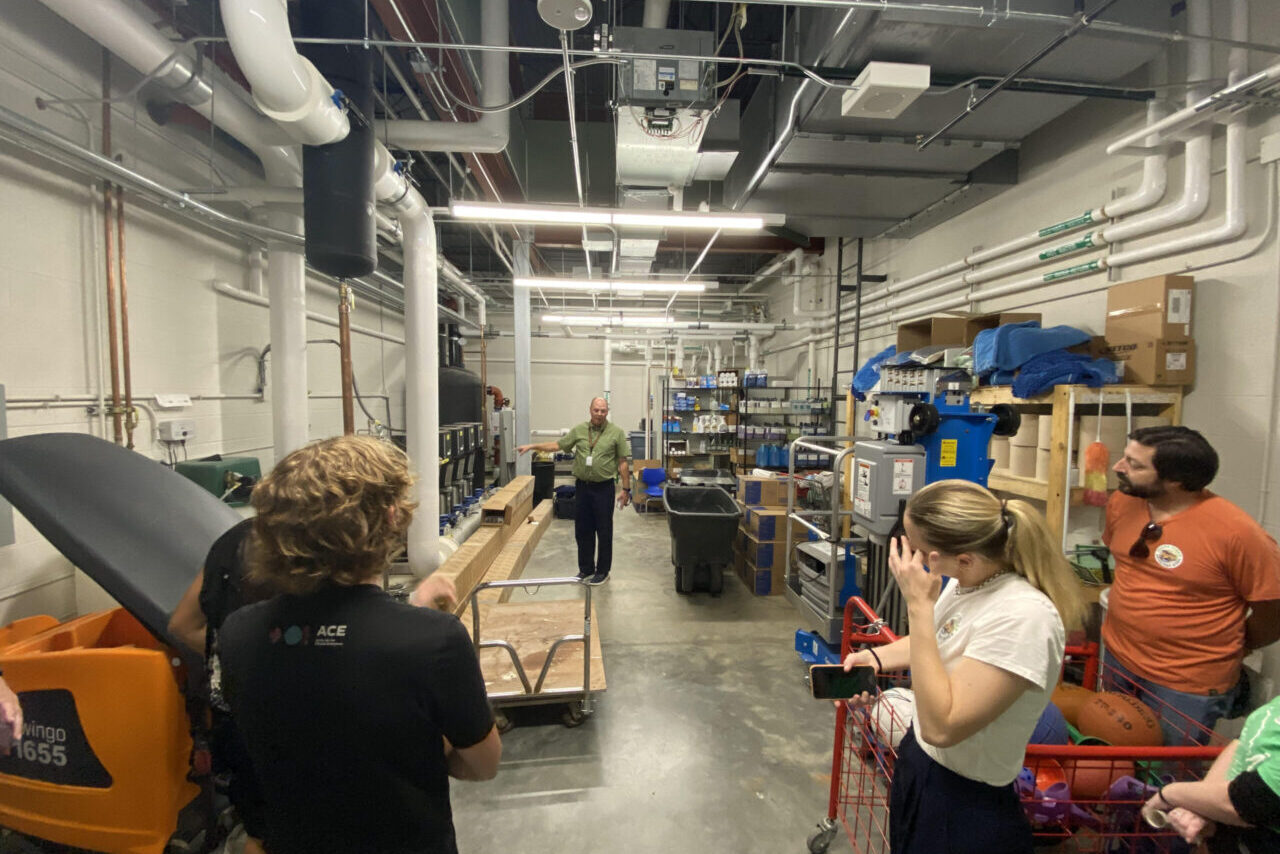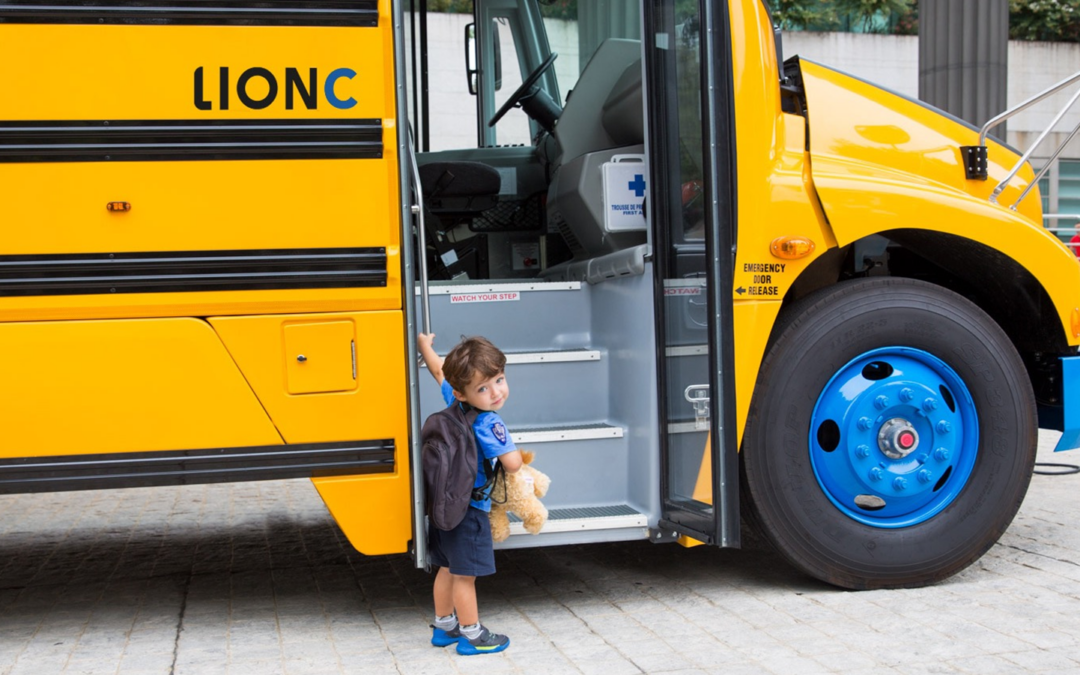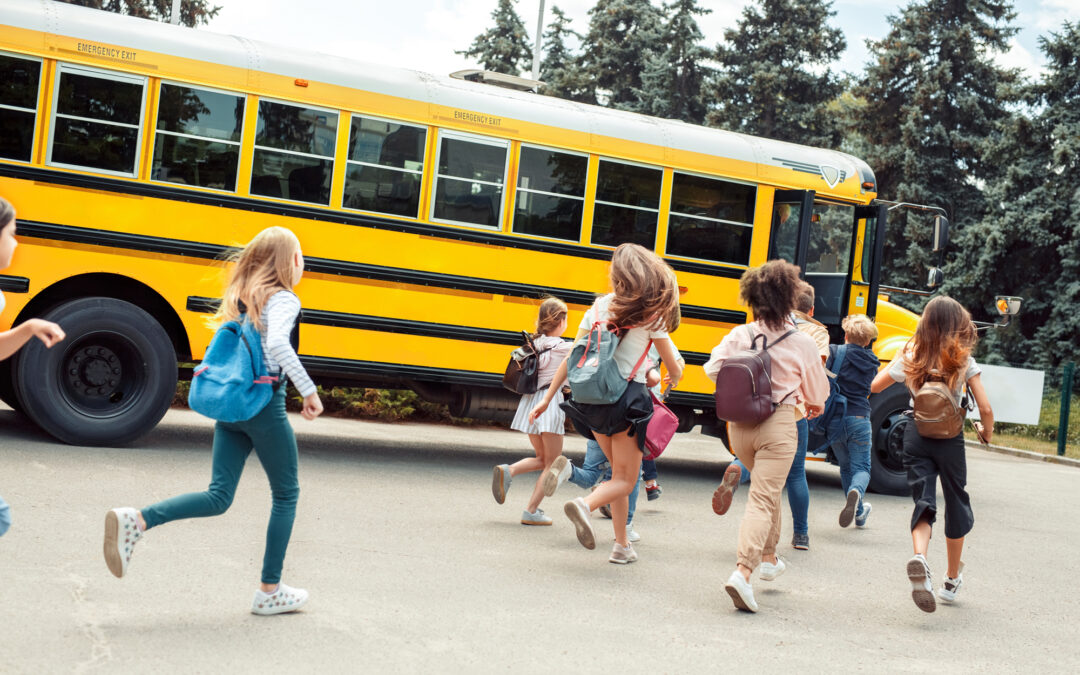
The 2024 Clean School Bus Program Rebate Application is Open!
Dozens of school districts in Wisconsin have already taken advantage of the Environmental Protection Agency’s (EPA) Clean School Bus (CSB) Rebate program. The program is back again for its second to last year.
The EPA has made $965 million in rebate funding available for the 2024 CSB Rebate Program. This is nearly $500 million more than what was available in the previous years. The application period opened on September 26 and will remain open until January 9, 2024. This is the second rebate funding opportunity through the multi-year funding program.
The EPA launched this program to help school districts purchase new, cleaner school buses for little or no cost. The Clean School Bus Program funds the replacement of existing diesel and gas-powered buses with cleaner buses that result in better air quality on the bus, near bus loading areas, and in the community generally. This program not only protects the health of children and the environment but also reduces operational costs for schools.
2024 Clean School Bus Rebates Overview
The EPA is prioritizing applications from high-need, rural, and Tribal school districts. There are nearly 100 Wisconsin school districts on the priority list. School Districts are eligible to receive rebates of up to $325,000 per school bus, up to 50 buses per district. These funds are also intended to cover the cost of charging infrastructure. If you are not a school district on the priority list, you can still apply for a chance to be awarded 170,000. This is a great opportunity for all school districts to replace aging buses with new electric school buses.
The deadline to apply for this year’s rebate program is January 9, 2024. School districts that previously applied for CSB funding may reapply if they meet eligibility requirements.
Applicants on the 2023 CSB rebate waitlist must also reapply.
Important Dates
| Activity | Date |
|---|---|
| 2024 CSB Rebates Application Period | September 26, 2024 – January 9, 2025, 3:00 PM CT |
| Various Webinars on CSB Program | October 2024 – December 2024 |
| Final date to submit questions prior to the application period closing about the 2024 Rebates to cleanschoolbus@epa.gov | November 14, 2024, 3:00 PM CT |
| 2024 CSB Rebates Application Deadline | January 9, 2025, 3:00 PM CT |
| Notification of applicants on selection status | May 2025 |
The following entities are eligible to apply for EPA school bus rebates:
- State and local governmental entities that provide bus services, such as public school districts, including charter schools, with an NCES District ID.
- Eligible contractors such as for-profit or nonprofit entities have the capacity to sell or finance clean or zero-emissions school buses or related charging infrastructure to school bus owners.
- Nonprofit school transportation associations.
- Indian Tribes, Tribal organizations, or tribally controlled schools responsible for the purchase of school buses or providing school bus service for a Bureau of Indian Affairs (BIA) funded school.
For questions about eligibility, please contact cleanschoolbus@epa.gov. For more information on electric school buses, route planning assistance, and applying to the Clean School Bus Program, contact RENEW at info@renewwisconsin.org.

